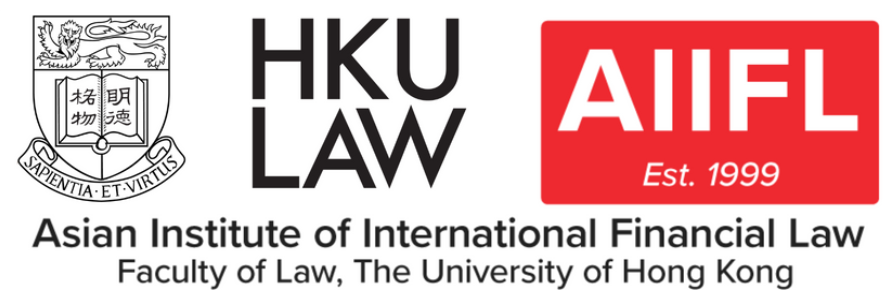The Global Minimum Taxation (GloBE)
Taxation Law Research Programme (TLRP)
The Global Minimum Taxation (GloBE) – Implementation in Asia-Pacific, Europe and the Middle East and Impact on Tax Incentives, Tax Systems and Tax Competition – Is Hong Kong Prepared?
10 October 2024
Powerpoint is available HERE.
The tax systems of jurisdictions are currently challenged by the implementation of the Global Minimum Taxation of 15% (GloBE) regarding multinational enterprises (MNE), but also concerning family offices and wealth structures (trusts, private foundations) to curb international tax competition. Therefore, the implementation of the respective GloBE-Rules and the analysis of the tremendous impact of GloBE on the future taxation of MNE, family offices and wealth structures is currently the most important project in international taxation. Whilst most countries in Europe have already introduced GloBE, many jurisdictions in Asia Pacific and the Middle East are still in the implementation process to apply GloBE from 1st January 2025 onwards.
The seminar gives an overview about the state of play regarding the implementation of GloBE worldwide and explains the dominant role of Qualified Domestic Minimum Top-up Taxes (QDMTT) including respective tax and revenue allocation effects. The impact of GloBE on tax incentives will be analyzed. Especially in jurisdictions with a territorial tax system, a modern tax system with an Allowance for Corporate Equity (ACE) or preferential tax regimes (Hong Kong, Ireland, Liechtenstein, Singapore, Switzerland), tax exemptions and tax incentives like IP-Boxes are mostly cancelled-out by GloBE-top-up taxes, subject to the introduction, e.g., of Qualified Refundable Tax Credits (QRTC) and the application of Substance-Based-Income Exclusions (SBIE). Conversely, high tax countries like France, Spain and the UK still may use classical tax incentives, like IP-Boxes, to increase their tax competitiveness and to lower their effective tax burden up to a maximum of 15%.
Whereas tax competition in the past boosted cross-border Base Erosion and Profit Shifting (BEPS) and the use of tax incentives in highly competitive jurisdictions, the introduction of GloBE will support domestic BEPS to achieve a similar level of tax competitiveness in less competitive high tax countries. Thus, tax competition is everything, but ended by the introduction of GloBE, supplemented by subsidy competition. Its impact on tax competition rather is to be regarded as the next step from profit (pre BEPS) to substance (post BEPS) and to revenue shifting (post GloBE) towards high-income jurisdictions and Investment-Hubs. Finally, the situation and position of Hong Kong will be addressed and analyzed.
About the Speaker
Professor Dr Martin Wenz is a Professor of National and International Tax Law and holds the Chair for Business Taxation and the Laws of International and Liechtenstein Taxation at the University of Liechtenstein in Vaduz. His main research interests are the international tax policy, the re-design of tax systems, international tax standards, the international Level-playing-field on taxation, the international tax treatment of individuals, companies, private and charitable wealth structures and the various aspects of the Liechtenstein tax law. Professor Wenz gives also comprehensive advice to the Liechtenstein Government on national and international tax law including Double Tax Agreements and on the Implementation of International and European Tax Standards including Pillar 2 (GloBE-Standards).
Chair: Professor Richard Cullen, TLRP Convenor
Enquiries: Flora Leung at aiiflhku@hku.hk

